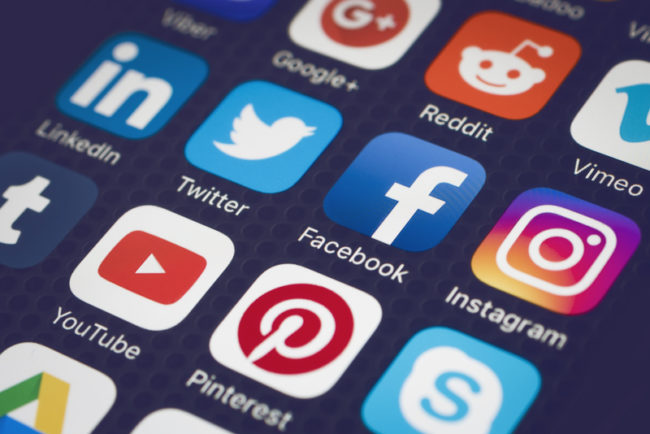
Social media is a social experiment, and, as with any experiment there are underlying questions to be answered. What has this amazing communication tool done to the quality of human discourse? Has its use improved human communication skills? Has it made people more cooperative, more empathetic, more enlightened? Perhaps these possible positive outcomes were ideals for some social media platform founders, but now, twenty years later, we know that these ideals are fantasies.
The reality is that social media encourages some of humanity’s worst tendencies. Social media gives people broader opportunities to engage in behavior people have always engaged in: story telling and gossip. If one were to eavesdrop on most conversations what you hear is people telling stories about what they have done or would like to do. Often people talk about others who are not present- this is gossip. Much gossip is negative; it slanders the character and reputation of the person not present. One might say “Well, that’s bad, but if people do it all the time, what’s so bad about social media?
What’s so bad is that social media is a gossip megaphone. Social media vastly increases the number of people that can instantaneously initiate and access gossip. Essentially the person being gossiped about is put on trial via social media. The person is accused, tried, and convicted of various wrongs. Social media has become the 21st Century judicial system.
The negatives of social media go beyond malicious gossip. Gossip can lead to rumor spreading, and rumor spreading can lead to conspiracy theories. The belief in conspiracy theories is another ancient human tendency that has been greatly magnified by social media. Conspiracy theory belief destroys the fundamental glue that holds a society together- social trust. A conspiracy theory core component is that normal, official sources of information cannot be trusted- the government cannot be trusted, corporations cannot be trusted, mainstream media cannot be trusted, and no one in an official, professional position can be trusted.
Social media amplifies this distrust by giving anyone a platform to espouse their version of reality. This obscures the distinction between fact and opinion. Everyone having a global platform for their views makes it seem that everything is equally real. Thus conspiracy theories are no more unreal than anything coming from official sources.
Social media allows conspiracy theory believers to find each other more readily, making it easier for them to confirm that what they believe is real. Thousands of other people believe it, so of course it is real! Bonding with other believers also increases the perception of membership in a special group, that has special knowledge that the ignorant sheep (all non-believers) do not access. These groups can become physically dangerous if the group leaders advocate violence as a means of belief expression.
Can anything be done about social media negatives? Can the negatives be controlled without completely dismantling social media platforms? Given the worldwide presence of social media, it seems difficult to imagine that anything can be done short of total dismemberment.
The history of communication technologies seemingly gives hope. When radio became available in the 1920s and television became available in the late 1940s, they were initially unregulated. It took time for government regulation to catch up with the technology. The owners of radio and television outlets resisted regulation, but eventually those platforms became regulated. The same sequence is occurring now. The federal government is attempting to regulate technology companies and social media platforms, without dismantling them or nationalizing them.
However, there is a significant difference between radio and television on the one hand, and social media on the other. The number of radio and television outlets is relatively few, and therefore easier to control. In social media every person is a potential broadcast outlet. The government can only hope to control social media by regulating the social media companies, using these companies to stop the spread of conspiracy theories and malicious gossip. This will require rigorous monitoring and it may not work. In which case social media platforms should be shut down and the experiment ended.
Photo 85888318 © Marcel De Grijs | Dreamstime.com
















